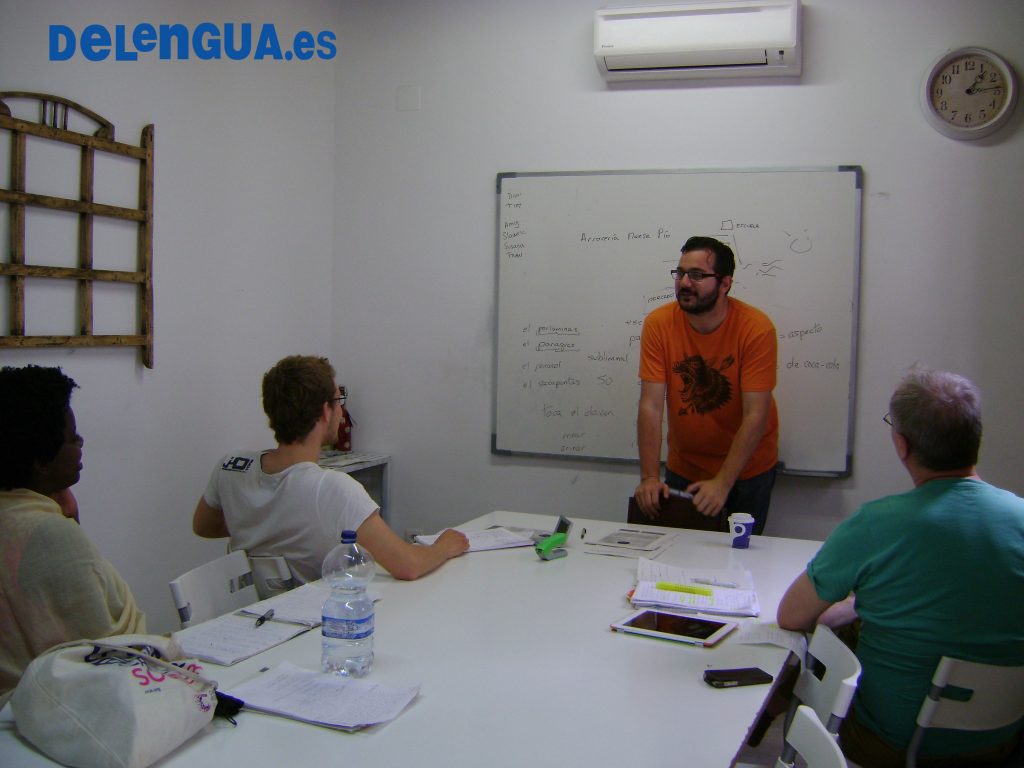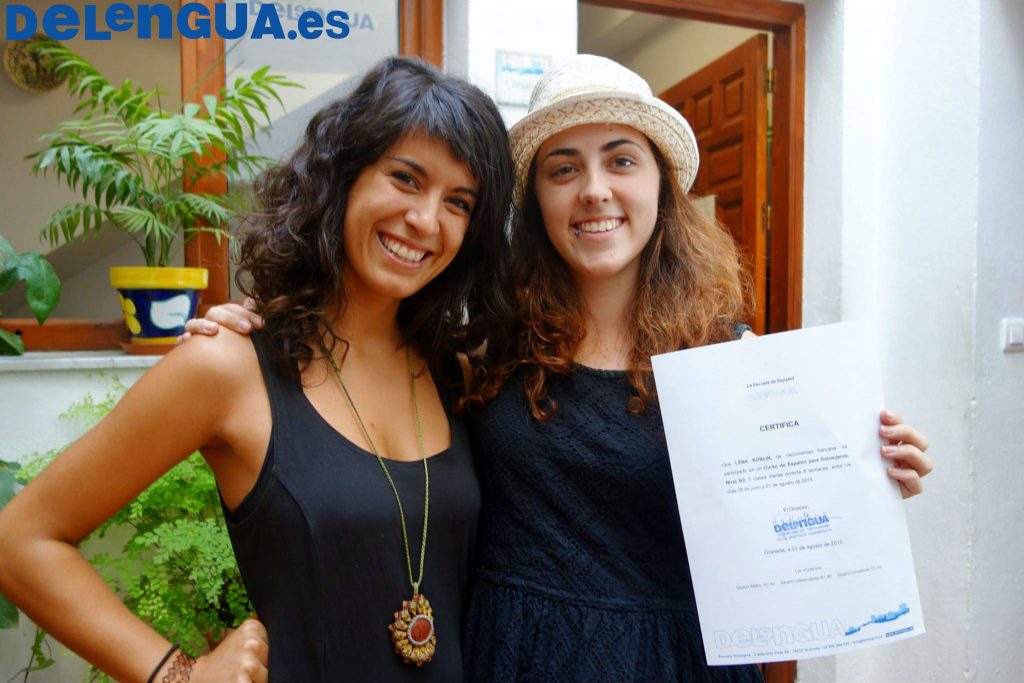| Español | English | |
|---|---|---|
| Si se utiliza el imperfecto o el indefinido en un cuento, por ejemplo, no siempre es tan obvio. Hay que pensar en las circunstancias en que algo ha ocurrido, en el acontecimiento en general, y en el tiempo también. Ambos tiempos refieren al pasado pero se utilizan en situaciones diferentes.
El indefinido, por un lado, se llama también pasado histórico. Se usa para acontecimientos o acciones que están limitados con respecto al tiempo, para acontecimientos consecutivos o para informaciones parciales. Por ejemplo en las situaciones siguientes: En 1996 él se compró su primer coche. A las 12 del mediodía almorcé en la universidad. Salí del trabajo, me encontré con una amiga y nos fuimos a un bar. Todo lo que ocurrió antes de hoy, en un tiempo que ya se ha terminado se expresa en indefinido. Acompañantes posibles son: ayer, anteayer, anoche, el viernes, hace unos días/ meses/ años. En comparación al indefinido, el imperfecto se refiere también al pasado, pero de manera descriptiva. No informa sobre situaciones determinadas sino que las describe. Con el imperfecto se explica la descripción de una situación: De joven, María era muy tímida. Además el imperfecto describe informaciones de trasfondo: No estaba en casa cuando llamaste. Aunque sabías mi dirección no has encontrado mi casa. Hay que atender a algunas diferencia generales entre el indefinido y el imperfecto. Por ejemplo: Conocía a Antonio (ya no). Conocí a Antonio (la primera vez). Cuando volvían de vacaciones, mis padres traían regalos (siempre). Cuando volvieron de vacaciones, mis padres trajeron regalos (sólo una vez). Para recordar el uso diferente de indefinido e imperfecto la Escuela Delengua de Granada te ofrece material de aprendizaje gratuito en internet. Así puedes practicar la gramática directamente desde casa: http://www.delengua.es/spanish-courses-spain/free-spanish-resources.html |
If you use Imperfecto or Indefinido in a story, for example, is not always obvious. Yyou have to think about the circumstances in which something occured, the event generally or also the time. Both tences refer to the past but are used in different situations.
The Indefinido, on one hand, is also called the historical past. It’s used for events or actions which are limited in respect on the time, for consecutive events or for partial informations. For example in the following situations: En 1996 él se compró su primer coche/ In 1996 he bought his first car. A las 12 del mediodía almorcé en la universidad/ At 12 o’clock noon I had lunch in the university. Salí del trabajo, me encontré con una amiga y nos fuimos a un bar/ I left work, met a friend and we went to a bar. Everything which occured before today, in a time which already has finished, you describe with Indefinido. Possibly companions are: ayer/ yesterday, anteayer/ before yesterday, anoche/ last night, el viernes/ friday, hace unos días/ meses/ años/ some days/ months/ years ago. In comparison to the Indefinido, the Imperfecto refers also to the past, but in a describing way. It doesn’t inform about fixed situations but describes them. With the Imperfecto you can explain a situation: De joven, María era muy tímida/ Since she was young, María has been shy. Furthermore the Imperfecto describes backround informations: No estaba en casa cuando llamaste/ I wasn’t home when you called. Aunque sabías mi dirección no has encontrado mi casa/ Although you knew my direction you didn’t find my home. There are some general differences between Indefinido and Imperfecto to which you have to pay attention. For example: Conocía a Antonio (hace tiempo)/ I knew Antonio (times ago). Conocí a Antonio (la primera vez)/ I met Antonio (the first time). Cuando volvían de vacaciones, mis padres traían regalos (siempre)/ When my parents came back from holiday, they brought presents (always). Cuando volvieron de vacaciones, mis padres trajeron regalos (sólo una vez)/ When they came back from holiday, my parents had brought presents (just one time). To remember the use of Indefinido and Imperfecto the language school Escuela Delengua in Granada offers you some free-learning-material in the internet. So you can repeat the grammar comfortable from home: http://www.delengua.es/spanish-courses-spain/free-spanish-resources.html. |
For more information visit our website:
Search
Archives
-
Recent Posts
Tags
activities Alhambra Andalucía Andalusia Aprende español en España Aprende español en Granada Cine Español cinema cultura Cursos de espanol en Granada Cursos de español Cursos de español en España Cursos de lengua Cursos de lengua en España Cursos de lengua en Granada Delengua activities España español fiesta film flamenco Gramática Española / Spanish Grammar Granada hiking in the Sierra Nevada la lengua española Language courses language courses in Granada language courses in Spain learn Spanish learn Spanish in Granada Learn Spanish in Spain Pedro Almodóvar senderismo en la Sierra Nevada Sierra Nevada Spain spanish Spanish Courses Spanishcourses in Granada Spanish courses in Granada Spanish Courses in Spain Spanishcourses in Spain Spanish Grammar Spanish Language School the Spanish grammar the Spanish Language














